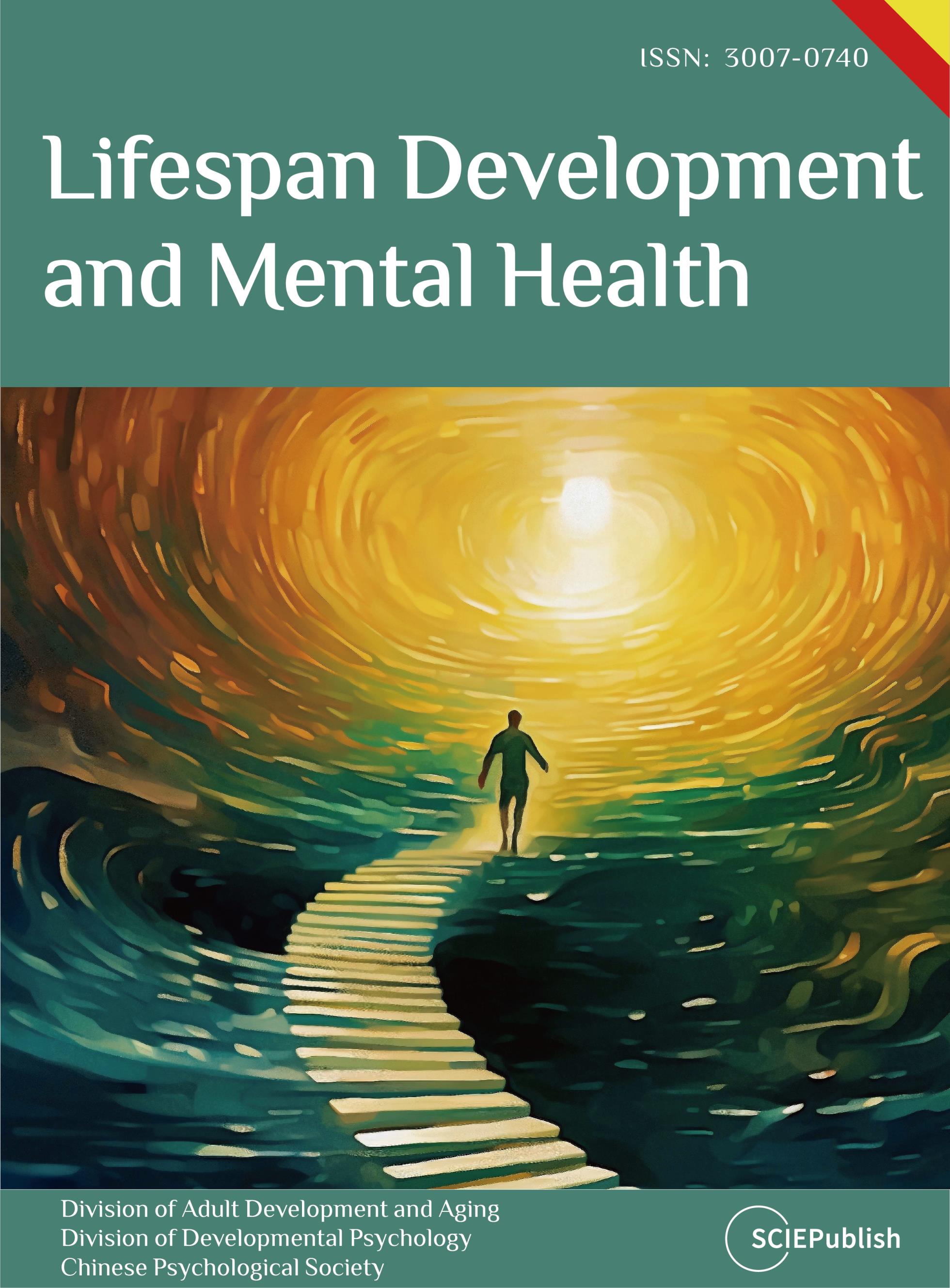Found 1 results
Article
02 July 2024Early Risk Indicators for DSM-IV Diagnoses in Adolescents and Young Adults with Intellectual Disabilities
To identify risk indicators at ages 6–18 years that are associated with DSM-IV diagnoses in adolescents and young adults with intellectual disabilities five years later. To assess the potential health gain and efficiency of preventive interventions targeting these risk indicators. Parents reported on potential child, parental, and environmental risk indicators. Five years later, parents were interviewed using a standardised psychiatric interview schedule (DISC-IV) to assess DSM-IV diagnoses in children with ID (N = 614) at the age of 11 to 24 years. Logistic regression and linear probability models were used to test the contribution of risk indicators to the prediction of DSM-IV diagnoses. Deviant levels of internalising and externalising problems, inadequate adaptive behaviour, and parental psychopathology predicted psychiatric disorder. Children/adolescents exposed to multiple risk indicators were at greater risk of developing DSM-IV disorders. Strategies aiming for the risk reduction of psychiatric disorders in children/adolescents with ID should focus on intervening at an early age, improving psychopathology and adaptive behaviour skills of the children/adolescents, and supporting their parents.
